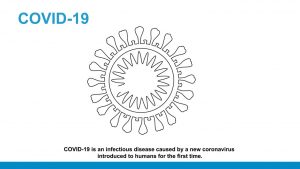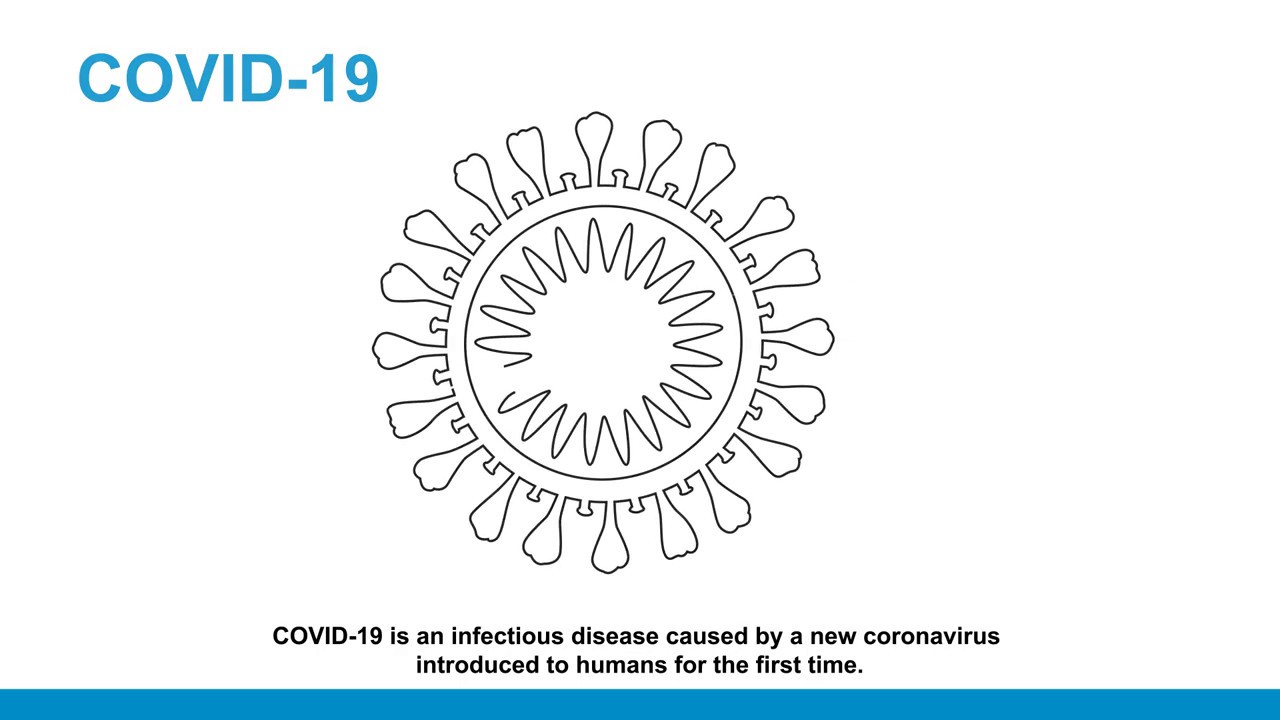By Sami Zaptia.

London, 17 March 2020:
The Embassies of Algeria, France, Germany, Italy, the Netherlands, the United Kingdom, and the United States along with the Delegation of the European Union and the Governments of Tunisia and the United Arab Emirates call on all parties in the Libya conflict to declare an immediate, humanitarian cessation of hostilities as well as a halt to the continuing transfer of all military equipment and personnel into Libya in order to allow local authorities to respond to the unprecedented public health challenge posed by COVID-19.
The joint statement said that it strongly supports the efforts of Libyan health authorities across the country as they come together in a spirit of national cohesion, and urge them to take all necessary measures to support the health and well-being of all Libyans.
They added that such a truce would also enable combatants to return home to provide care for relatives who may be at higher risk. They expressed strong hopes that a humanitarian truce will facilitate both Libyan parties’ leadership agreeing to the UN-facilitated February 23 draft ceasefire reached in Geneva in the framework of the 5+5 intra-Libyan Joint Military Commission, and returning to political dialogue.
Today, UNSMIL added its support to the statement. It said it welcomes and joins the call by international partners on all parties to the Libyan conflict to declare an immediate humanitarian cessation of hostilities as well as a halt to the continuing transfer of all military equipment and personnel into Libya, in order to allow local authorities to rapidly respond to the unprecedented public health challenge posed by COVID-19.
It added that while UNSMIL continues its efforts in facilitating an inter-Libyan dialogue on the political, military and economic tracks, it urged all parties in Libya to take the bold step in unifying their efforts in facing this pandemic.
COVID-19 has no affiliation and breaks through all frontlines, it said, and called on all Libyans to join forces immediately before it is too late to face this overwhelming, fast-spreading threat, which requires consolidating all resources and efforts for the prevention, awareness and treatment of possible victims.








